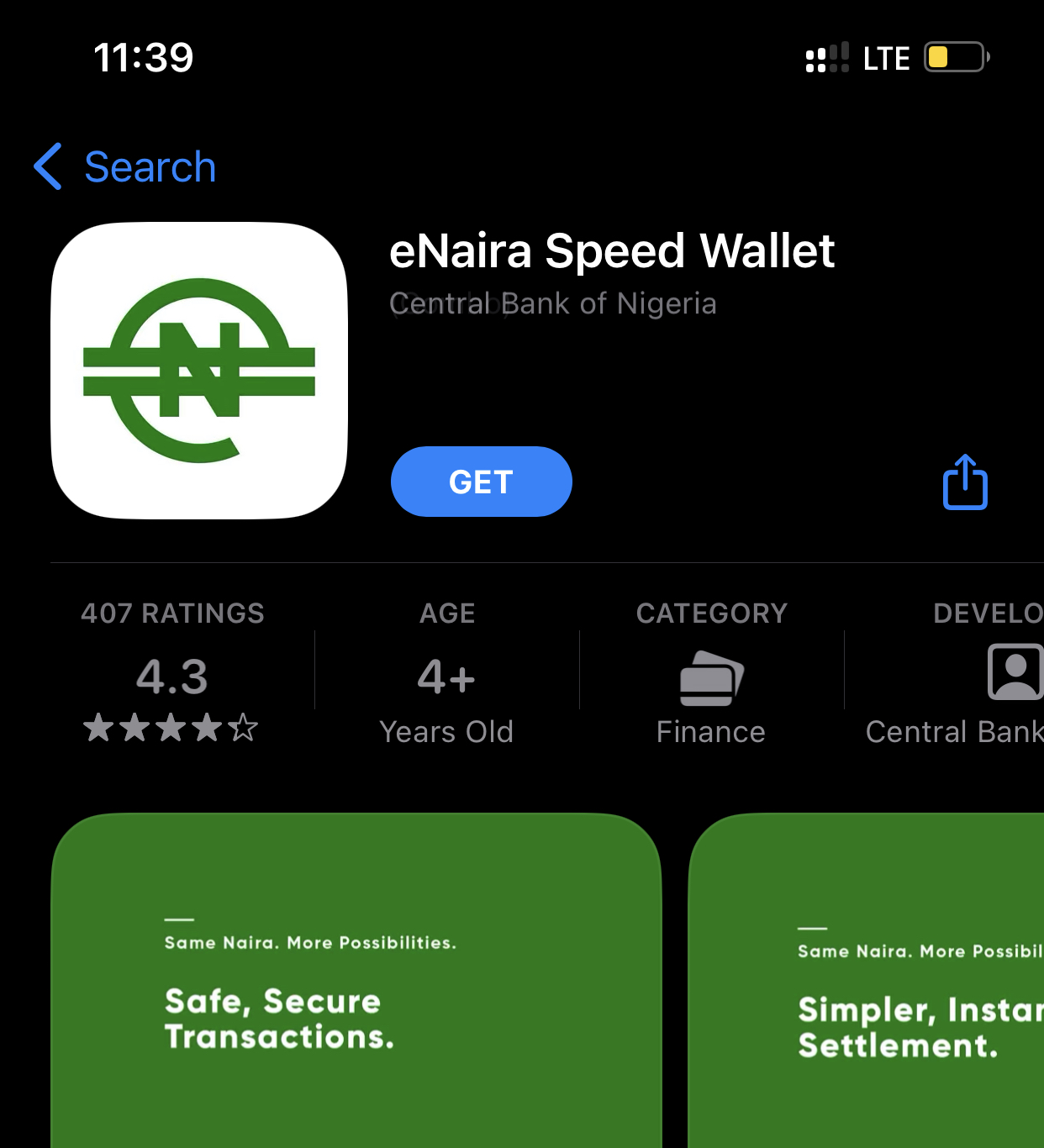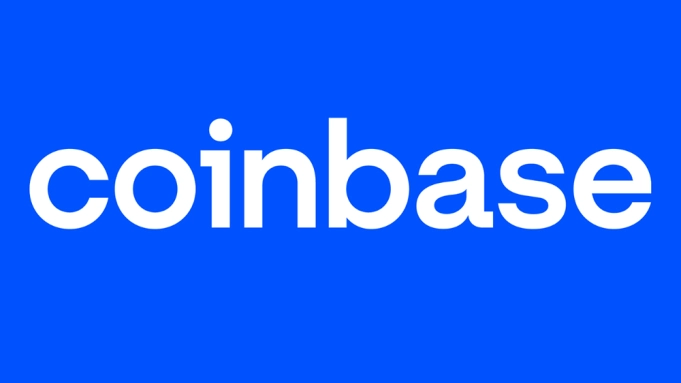
IMF advises Nigeria to take into account integrating mobile money to speed up the slow adoption of the eNaira.
The Central Bank Digital Currency (CBDC) of Nigeria has had relatively little traction more than a year after its introduction, which has disappointed the International Monetary Fund (IMF).
The wallet downloads initially had some success, reaching 500,000 units in the first 25 days. The number of downloads reached 860,000 by November 2022, although the rate of adoption substantially reduced over that.
A document released in May 2023 claims that merchants in particular have shown a slow adoption of the Central Bank Digital Currency (CBDC), which adds to the slow adoption generally. Additionally, retail customers have generally shown little interest in signing up, which has made it difficult for the total number of clients onboarded to exceed 1% of current bank accounts.
The volume and dollar amount of transactions involving the CBDC have also been rather limited. Despite the recent spike in eNaira use brought on by cash shortages, the bulk of wallets (98.5%) are inactive on a weekly basis, indicating only occasional use.
The article also emphasizes that there are less eNaira wallets than there have been transactions since its introduction, which total about 802,000. This shows that a sizable fraction of people who currently own wallets have only opened them once and used them once.
The IMF suggests that Nigeria’s gradual implementation of the CBDC may be a contributing factor in the slow uptake of the eNaira. Access to the eNaira was initially restricted to people with bank accounts, which would have prevented widespread acceptance and utilization by the general public.
Phase 2 of the CBDC implementation has been reached by the Nigerian central bank in order to fulfill the primary goal of financial inclusion. Through a tiered Know Your Customer (KYC) system, this phase entails extending coverage to the unbanked population and people without internet access.
The system has transaction and balance caps depending on the level of information provided to make sure the necessary controls are in place.
One suggestion made for boosting adoption is to combine the eNaira with Nigeria’s disjointed mobile money network to boost the effectiveness of social cash transfers. The eNaira, which has been crucial in promoting acceptance and usage of the digital currency, would be able to be used by government aid programs as a result of this integration.
The IMF also emphasizes how adding features to the eNaira, such as programmable payments or cash rebates, would help to speed up private sector investment and address the issue of slow consumer acceptance.
The IMF believes that the eNaira has a lot of potential for expediting the remittance procedure. This might increase transparency, broaden Nigeria’s tax base, and, most crucially, lower expenses for those who send money outside. But according to the IMF, in order for the eNaira to be widely used, conversion-related currency rates would have to closely match parallel market rates.


